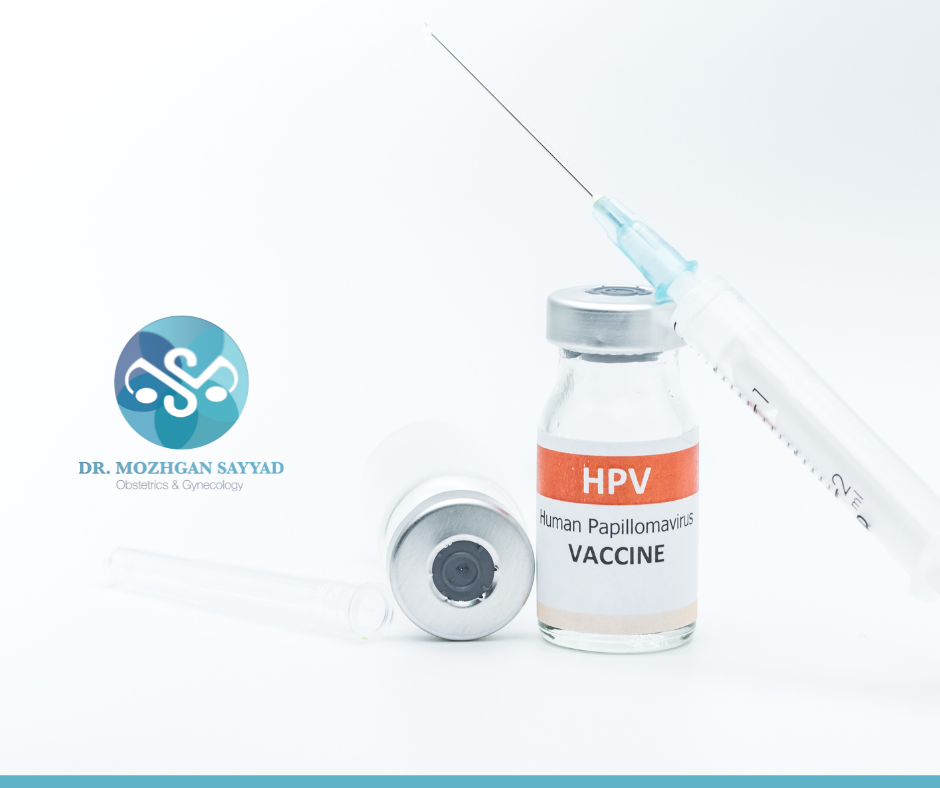Table of Contents
What is HPV?
The Human Papillomavirus [HPV] is a common virus that affects the different parts of the body. According to research, there are over 100 different strains of the HPV virus, including infections that causes warts on hands, legs, face, etc. Of those 100 types, around 30 affect the genitals [vagina, cervix, penis, scrotum], causing a sexually transmitted infection.
HPV is so common that the CDC even states that 80% of all sexually active men and women get infected at one point in their lives. Although 9 out of 10 HPV cases resolve by themselves, it can develop into genital warts or cervical cancer if it’s serious.
Types of HPV Virus
As mentioned earlier, there’re over 100 types of HPV virus. However, the 14 most common ones are HPV 16, 18, 31, 33, 35, 29, 45, 51, 52, 56, 58, 59, 66, and 68. Out of these, HPV 16 and 18 are known to cause the most cases of HPV cancers.
Transmission of HPV
HPV is most commonly spread through vaginal or anal sex. You can get infected by having vaginal, oral, or anal sex with someone with the virus. The HPV virus can also be transmitted through skin-to-skin contact on genitalia. Even if someone has a single sexual partner, there’re still chances for HPV transmission. To summarize, the HPV causes are:
- Skin-to-skin contact of the genital area
- Vaginal, anal, or oral sex
- Using the same sex toys
Symptoms of the HPV Virus
The common HPV symptoms are:
- Genital warts
- Common warts
- Plantar warts
- Flat warts
Apart from these symptoms, HPV also causes cervical cancer. However, developing cancer after the infection may take 20 years or longer.
Get Tested for HPV
Contrary to males, HPV disease poses a higher threat to females as it can cause cervical cancer. Doctors typically recommend a pap test [also known as pap smear] to screen the cervix and all the areas nearby for abnormal cells. The cervical cancer screening will determine whether the cells are infected and the degree of risk the patient is under.
In the case of asymptomatic patients, the doctor may request further tests like vinegar solution and DNA tests. It should also be noted that being positive for the virus doesn’t equate to cervical cancer. It just means that there’s a higher probability of developing cancer.
Treatment
Although a cure hasn’t been found, there’re treatments available to ease the symptoms. Including:
- Cryosurgery: a medical procedure that freezes warts or destroys abnormal cells using liquid nitrogen.
- Loop Electrosurgical Excision Procedure [LEEP]: a procedure that uses a unique wire loop to remove warts or abnormal cells from the cervix.
- Electrocautery: a procedure that burns warts through electric current.
- Laser Therapy: a procedure that uses intense light to destroy warts or abnormal cells.
- Cold Knife Cone Biopsy: a medical procedure that removes the cone-shaped piece of the cervical tissue which contains the abnormal cells.
- Trichloroacetic Acid: a chemical treatment that burns warts.
- Prescription Cream: applying medicated creams that contain imiquimod and podofilox to burn warts.
As mentioned earlier, most HPV infections resolve on their own. If the symptoms are severe, the doctor will recommend the required procedures or medications.
Prevention
The HPV Vaccine
There’re various vaccines available to prevent HPV. They are:
- Gardasil vaccine prevents HPV type 6, 11, 16, and 18.
- Gardasil 9 vaccine prevents HPV type 6, 11, 16, 18, 31, 33, 45, 52, and 58.
- Cervarix vaccine prevents HPV type 16 and 18.
Organizations like the CDC recommend all preteens, teens, and young adults get vaccinated against HPV. Though Gardasil offers the best protection, you can talk to your doctor to understand which vaccine is best for you.
Other prevention tips include:
- Avoiding sexual contact with infected individuals
- Using contraceptive methods during intercourse
- Avoid practicing sex early on
- Avoiding multiple sexual partners
- Avoiding intercourse until your partner is tested for STD
- Adopt a healthy lifestyle to boost your immune system
- For men, don’t rely on circumcision to reduce the risk
- For women, get screened regularly to detect precancerous changes early
Common Questions Related to HPV Virus
Q1. Are all warts HPV?
The short answer is yes. However, it should be kept in mind that there’s a clear distinction between harmless warts and ones that can develop into cervical cancer. Usually, the dangerous HPV that causes cervical cancer doesn’t cause warts.
Q2. What cancers are caused by HPV infection?
The six types of cancer caused by HPV infection are:
- Cervical cancer
- Anal cancer
- Penile cancer
- Vaginal cancer
- Vulvar cancer
- Oropharyngeal cancer
Q3. How easily transmitted is HPV?
Because HPV is transmitted through close contact, it is highly contagious. In fact, it can be transmitted even when no body fluids are exchanged.
Q4. Who should take the HPV vaccine?
The HPV vaccine is recommended for boys and girls at the age of 11 or 12 by starting the series at age 9. However, for young people who weren’t vaccinated during the recommended time can get it until they are 26.
Q5. Can the HPV vaccine be given to older adults?
Yes, adults between 27 and 45 can get vaccinated to prevent the HPV virus.
Q6. Who is more likely to get infected with HPV?
Anyone can get infected with HPV if they are sexually active or have close genital contact with someone who is already infected.
Q7. What are the other methods to detect HPV infection?
Usually, the doctor can easily identify the virus by simply checking. Since high-risk HPV doesn’t cause any symptoms, it would require additional methods to detect. They are:
- Pap Test
- HPV Test
- Colposcopy
- Visual Inspection with Acetic Acid
Q8. Can the HPV virus be cured?
There isn’t a cure for HPV infection. However, on the bright side, the immune system is already well-equipped to fight off the virus.
Q9. Is HPV contagious for life?
You’re contagious as long as the virus is present, regardless of whether there are symptoms. For instance, someone can still spread HPV infection even if their genital warts have disappeared. The person is no longer contagious once their immune system completely destroys the virus.
Get Help with Dr. Mozhgan
HPV is one of the most common sexually transmitted infections but isn’t life-threatening. However, you should always seek medical care if you experience symptoms, especially around the genitals.
If you experience any of the aforementioned symptoms or require additional information about the disease or its vaccination, book an appointment with Dr. Mozhgan from Dubai. With over 25 years of invaluable experience, she will confidently guide you to achieve your best [and safe] sexual health.
Book an Appointment


